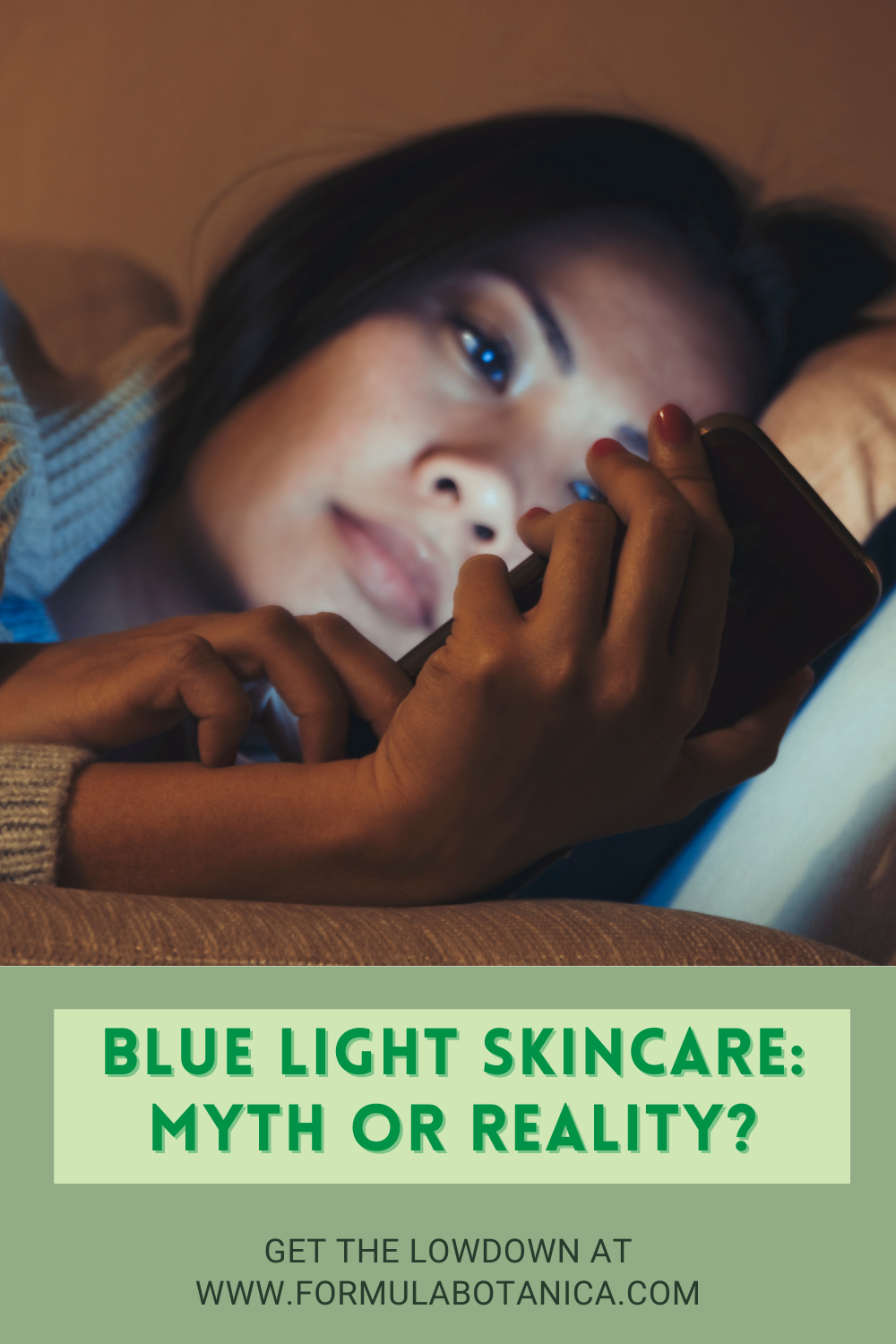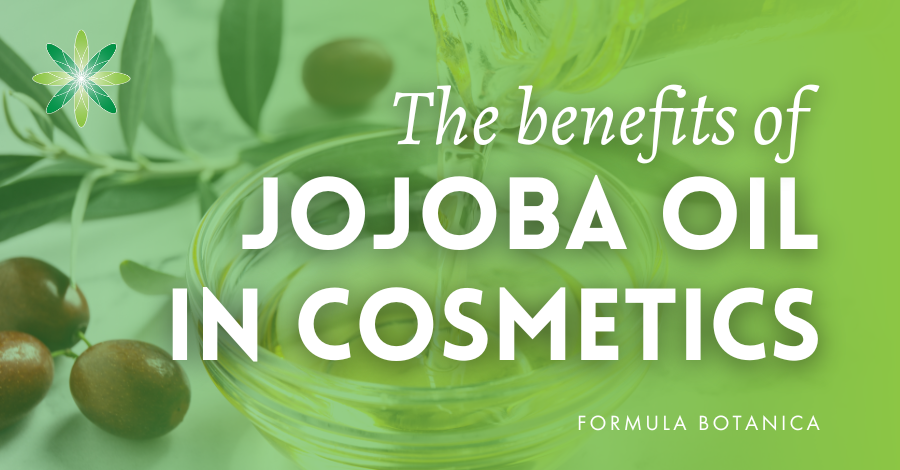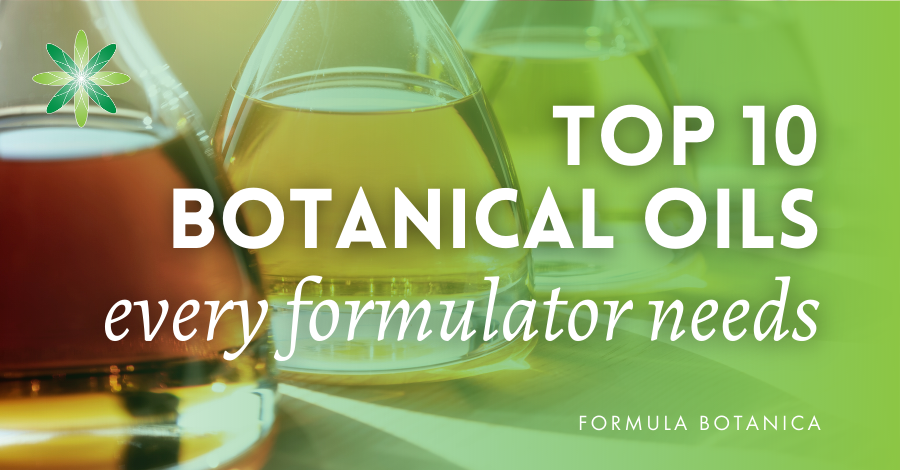Updated: 19.05.21
It is no coincidence that at Formula Botanica we’ve noticed blue light increasingly mentioned in the cosmetic industry media this year. We would hazard a guess that the industry’s deepening interest in blue light skincare treatment is a result of our spending long hours in front of digital devices especially since the novel Coronavirus Covid-19 has changed our habits.
Are we going to see skincare labeled anti-blue light or anti-HEV (the high-energy visible light band that blue light falls into) just as we are used to seeing UVA/UVB labeling on skincare and sunscreen products? There are already cosmetic products retailing that claim to help mitigate and protect against skin damage from blue light.
Suncreens with Titanium dioxide and Zinc oxide are effective in protecting against UVA/UVB rays but far less so against HEV. A study published recently in the Journal of Cosmetic Dermatology looked at the use of red, yellow and black iron oxides as ingredients that show potential in attenuating – or shielding the skin from – blue light to provide enhanced protection against skin damage such as premature ageing.
But how does blue light affect or damage our skin? In this post, we define blue light and then take a look at the theories and science and ask if familiar ingredients such as antioxidants can work their magic to save our skin as we indulge in all-nighters chatting on Zoom, social media or online shopping.
What is Blue Light?
Blue light is electromagnetic radiation within a specific band of wavelengths and is measured in several forms depending on where on the energy spectrum it falls. Blue light is in the visible light spectrum, defined as having a wavelength between 400−525 nm (nanometer) and lies in the high-energy wavelength (HEV) band.
We are exposed daily to forms of electromagnetic radiation throughout our life. Just think of X-rays, microwaves, UV rays and radio waves. Sunlight is the most pervasive of these electromagnetic waves and is in fact the source of our greatest exposure to blue light. The reason we perceive the sky as blue is because it is the shorter, blue light wavelengths that get refracted about most by the earth’s atmosphere.
Blue light is emitted also from LED lights and electronic devices such as laptops, TVs, mobile devices and so on. Blue light LED exposure is one form of treatment for acne as it may reduce the activity of the sebaceous glands and therefore sebum production.
Is blue light a skincare issue?
Our extensive use of screens and electronic devices emitting blue light is relatively recent and is why it is now being investigated for its links to skin health. But should we be concerned?
As governments impose restrictions on people’s movements through rigid lockdowns and social distancing measures, we retreat indoors and inevitably log on more to our digital devices to maintain social contact, work, and shop. Studies show that internet services have seen rises in usage from 40% to 100% across the world this year compared to pre-lockdown levels.
All this adds up to most of us spending a large portion of our working and scholastic lives in front of blue-light-emitting screens from our mobile devices and desktop hardware – and not just during the pandemic. This article forecasts substantial changes in our way of life and our relentless migration to digital communication that will endure beyond the pandemic.
Quoted in the UK’s Guardian newspaper, Stuart Peirson of the Sleep and Circadian Neuroscience Institution (SCNi) at Oxford University said: “Blue light is not sinister. You get changes particularly in the blue part of the spectrum around dawn and dusk and so our bodies have evolved to be able to detect these changes, because they are what’s important for setting our clocks. It’s just that we’ve subsequently invented devices that emit light and we’ve filled our environment with them and made them addictive.”
We need to progress with caution and an open mind in assessing research on blue light and skin. For example, we cannot assume that worsening eyesight from hours in front of screens is related to blue light; it might be the result of dry eyes, the wrong glasses or just tiredness.
There is much ongoing debate and research on the effects of blue light on eye health and similarly about blue light and skin damage. When assessing publicly-available research, it is important to check, for example, who commissioned it. Some studies are funded by large cosmetic firms who may have vested interests in bringing a new science-backed, anti-HEV skincare product to market.
What are the effects of blue light on skin?
Very little conclusive, independent scientific research has been done so far on blue light effects on skin compared to research on UVA/UVB rays and sun protection ingredients in skincare.
Research conducted in 2010 to study the effects of blue light on normal skin in terms of photodamage, skin ageing and melanogenesis did not show that visible blue light caused early photo ageing. However, later research suggests that blue light contributes to skin ageing similar to that induced by UVA exposure. It is hardly surprising the research has moved on given the increase in time spent at electronic devices even in the last decade.
More recently, further research (2019) on how blue light disrupts the Circadian rhythm and creates damage in skin cells showed that blue light emissions could disrupt our skin cells’ inner ‘bio-clock’ – or Circadian rhythm. The research showed that epidermal skin cells can sense light directly and control their own clock gene expression. Blue light exposure triggers cells to “think” it is daytime even at nighttime. As a result, this reduced cells’ ability to use our sleep during hours of darkness to repair themselves and do their normal skin maintenance job.
The research on iron oxides and blue light mentions also that HEV light is said to contribute to premature ageing by impeding normal cellular functions. In short, it is this connection that seems to be the pertinent link between blue light and its potential to affect our skin health.
The 2019 study we mentioned earlier concluded that blue light could increase free-radical production, DNA damage and inflammatory mediators with deleterious effects that could potentially increase overall skin damage over time and ultimately accelerate ageing.
If we use our blue-light-emitting devices well into late evening, or worse still, switch them on in the darkness using them backlit – night owls be warned – we are likely to disrupt our Circadian rhythm and sleep and darkness’ ability to provide the right environment for our skin cells to repair and renew.
Some Latest Research Findings 2021
Some latest findings made public in spring 2021 by the Hamburg-based Beiersdorf research centre “prove that the amount of artificial blue light emitted during conventional use of electronic devices is nowhere near enough to trigger harmful skin effects”, to quote Dr. Ludger Kolbe, Beierdorf’s Chief Scientist Photobiology.
Beiersdorf is a major research centre working for multinational cosmetics’ brands and has teams of scientists involved in researching skin biology and the basic biological, chemical and physical principles of optimal skin treatment.
According to findings released in early May, 2021, Beierdorf states that even if we spent excessive time continuously in front of an HEV-emitting screen or device, the effect on our skin is negligible. According to Kolbe, “If you were to spend an entire week in front of a monitor uninterrupted at a distance of 30 cm from the screen, this would be the same as just one minute outside on a sunny summer day in Hamburg at midday”.
Beiersdorf stresses that HEV emitted by sunlight remains by far the greatest concern and points to its many years of proven research that the blue light variant emitted from solar light does cause oxidative stress the skin, leading to signs of premature ageing and hyperpigmentation.
Conclusions on Blue Light Skincare Treatment
There are two main ingredient approaches in blue light skincare. One uses topical ingredients to filter, absorb or attenuate blue light to try to stop it absorbing into the skin. Their mechanisms are similar to how sunscreens function.
The second approach is to boost natural cellular repair and reduce oxidative stress induced by blue light through the use of antioxidant-rich ingredients.
We have seen some blue-light filtering cosmetic ingredients coming onto the market using botanical extracts. One uses carotenoids – the phytonutrients that are responsible for the red, yellow and orange hues in fruit and vegetables, notably carrots. Carotenoids are useful in absorbing the blue light spectrum and also act as antioxidants.
We advise you to do your homework before making any claims about specific cosmetic ingredients’ role in blue light and sun protection skincare. Remember, research on an ingredient does not translate into claims made about how that ingredient works in a final formulation. You would need to subject a finished cosmetic product to clinical tests to substantiate any claims you make about its efficacy in regard to directly combating blue light.
There is a great deal to unpack in working out if anti-blue light skincare has a sound, science-based future. For now, it seems that we need to carry on with and even intensify our sun protection measures and factor in a good, old-fashioned 7-8 hours of beauty sleep with all lights out to help our skin renew and repair. Where does this leave brands promoting their products as anti-blue light skincare? We’ll let you and consumers decide.
But, let’s all watch the blue light skincare space and see what future research brings to the debate.
References & Links
Beiersdorf’s New Study Reveals Negligible Effect of Artificial Blue Light on Skin SpecialChem Industry news (10.05.21)
Led Lights: Are they a cure for your skin woes? Harvard Health Publishing, Harvard Medical School
Lights Off: Is the glare from your computer really ageing your skin? The Guardian UK (1 June, 2017)
Impact of digital surge during Covid-19 pandemic: A viewpoint on research and practice.International Journal of Information Management (9 June, 2020)
Clinical and histological effects of blue light on normal skin.
Blue light-induced oxidative stress in live skin
The truth about blue light: does it really cause insomnia and increased risk of cancer? The Guardian, 28 May, 2018.
Blue-Violet Light Irradiation Dose Dependently Decreases Carotenoids in Human Skin, Which Indicates the Generation of Free Radicals
Blue-light irradiation regulates proliferation and differentiation in human skin cells
FAQs
Some research has shown that over exposure to blue light emitted from electronic devices such as computer and cell phone screens contributes to skin ageing similar that induced by UVA rays. However, research released in 2021 refutes that blue light from HEV-emitting devices is the issue and points to solar blue light as of far greater concern in regard to skin ageing and damage. Other theories suggest that by using blue-light-emitting devices at night, regularly or for prolonged periods, we may disrupt sleep patterns, also known as our Circadian cycle (bio clock). Sleep is our body’s downtime and encourages cell repair and renewal. So blue light may induce premature skin ageing indirectly by disrupting skin cells’ normal functioning.
Antioxidants do not protect skin from blue light. However, they can help mitigate potential damage to the skin caused indirectly by blue light wavelengths. Some research indicates that blue light absorbed through the skin interferes with our skin cells’ natural functioning by tricking cells’ inner ‘bio-clock’ and reducing their natural downtime to repair and renew the skin. This in turn may reduce their ability to act on free radical damage and other signs of premature skin ageing. It would be reasonable to conclude that skincare products containing antioxidants can help mitigate this free-radical damage.
Formula Botanica teaches award-winning online courses that guide you through the steps you need to become a formulator. You will learn all about active ingredients like antioxidants and how to formulate your own natural products for skincare and haircare.
FREE TRAINING
Learn how to become an
Organic Skincare Formulator
FREE TRAINING
How to become an
Organic Skincare Entrepreneur
FREE TRAINING
How to become an
Organic Skincare Entrepreneur
Leave us a comment

Liz was Formula Botanica’s Content Coordinator between August 2020-2024. Liz worked as a professional blogger, journalist and site developer for many years and was also part of the Formula Botanica student community. Read more about the Formula Botanica Team.




























